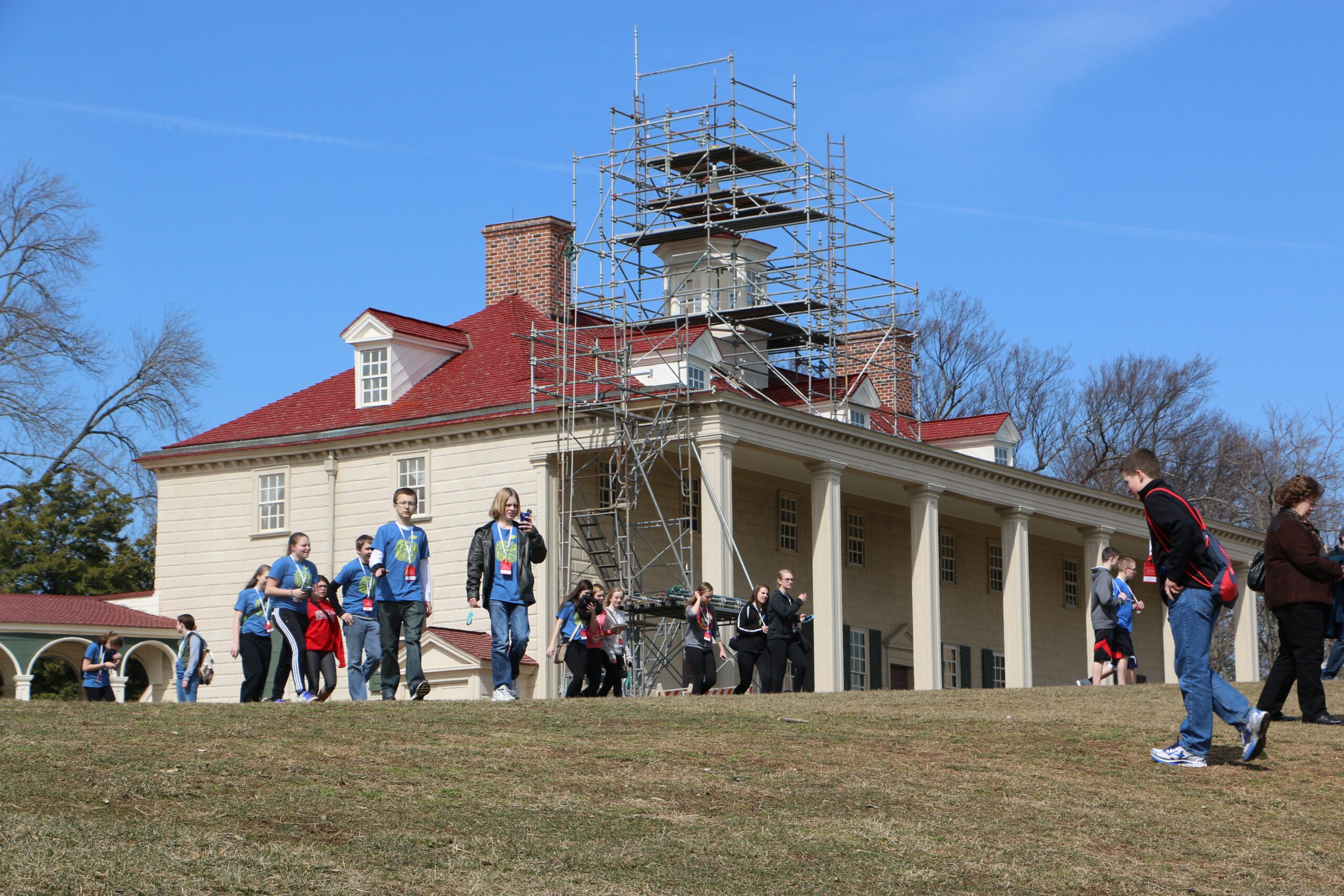A welcome for the director of Mount Vernon

Next Wednesday, Doug Bradburn, director of Mount Vernon, will visit the island as part of a Friends of Boca Grande lecture in their History and Heritage series.
Most people over a certain age have a decent knowledge of the life of Washington, but this is no longer the case with later generations. (Indeed, Washington’s Birthday has even ceased to be a holiday; let us end the desecration that is President’s Day, as if all presidents deserve the honor that is due George Washington.)
There is not space here to pay Washington his due. That is your homework assignment, dear reader: please go home and pick up any book on him and re-learn the stories of his life. In addition, the subject for the Friends lecture is the plantation Mount Vernon, the preservation of which not only secured the legacy of Washington but created the historic preservation movement and introduced the nation to the idea of the conservation of rural landscapes.
Mount Vernon was saved by a South Carolina woman, Ann Pamela Cunningham, who acted after seeing the house when she passed by it in a boat. The house had fallen into ruin. According to her mother, the idea of saving it appeared “to have taken immediate and absolute possession of her.” The writer Thomas Nelson Page wrote a history of the preservation back in 1910:
“Miss Ann Pamela Cunningham, from her invalid chair, conceived, projected, and, against all obstacles, carried through to triumphant success the lofty and comprehensive plan which, after years of endeavor and toil, not only secured the preservation of Mount Vernon for the People of this country, but saved it in the best way it could have been saved.”
The preservation almost did not happen. Neither the U.S. nor the Virginia government wanted the plantation. It was Cunningham who figured out a method to save it by raising funds through women’s committees across the nation. Page took her work as a lesson. He wrote:
“It was the recognition of the great fact, unknown to many women and to nearly all men at the time, that the women of the country possessed a vast store of energy and ability, undeveloped and unused.”
There is not room here to discuss the merits of Mount Vernon, which instructs all visitors by its modesty, where, Page wrote, “future generations shall come and discover that neither grandeur nor splendor are needed for greatness.”
Indeed, the whole process of the saving of Mount Vernon created a new idea: that the fee would not be seen as a charge, but as, Cunningham said, “a method of extending the privilege of aiding in the preservation.”
Like Washington, Cunningham had a farewell address. In 1874, two years before the nation’s centennial in 1876, she wrote:
“When the centennial comes, bringing with it its thousands from the ends of the earth, to whom the home of Washington will be the place of places in our country, let them see that, though we slay our forests, remove our dead, pull down our churches, remove from home to home, till the hearthstone seems to have no resting place in America; let them see that we do know how to care for the home of our hero.”
The United States is only a year away from its 250th Anniversary. The patriotic fervor that arose in 1976, during the Bicentennial, helped to heal the country in the wake of Watergate and the 1960s, and the histories of our founding fathers were (and still are) the central stories that created public interest. The people on this island have the wherewithal and resources to help make that happen properly in their home states.
Today, Mount Vernon is fixing every bit of the house again, to the extent of replacing wood from trees felled on the farm. It is an expensive and endless task, as it is wood, not stone.
Cunningham’s lesson for Mount Vernon also applies to so much more in this world, and region. It especially applies here on Gasparilla Island, and in the historic sites, landscapes and waterways of Charlotte Harbor.
“Let no irreverent hand change it; no vandal hands desecrate it with the finger of progress… Let one spot in this grand country of ours be saved from change.”
Garland Pollard is editor of the Boca Beacon. Email letters and comments to editor@bocabeacon.com. Photo at top is from a visit in 2015.









